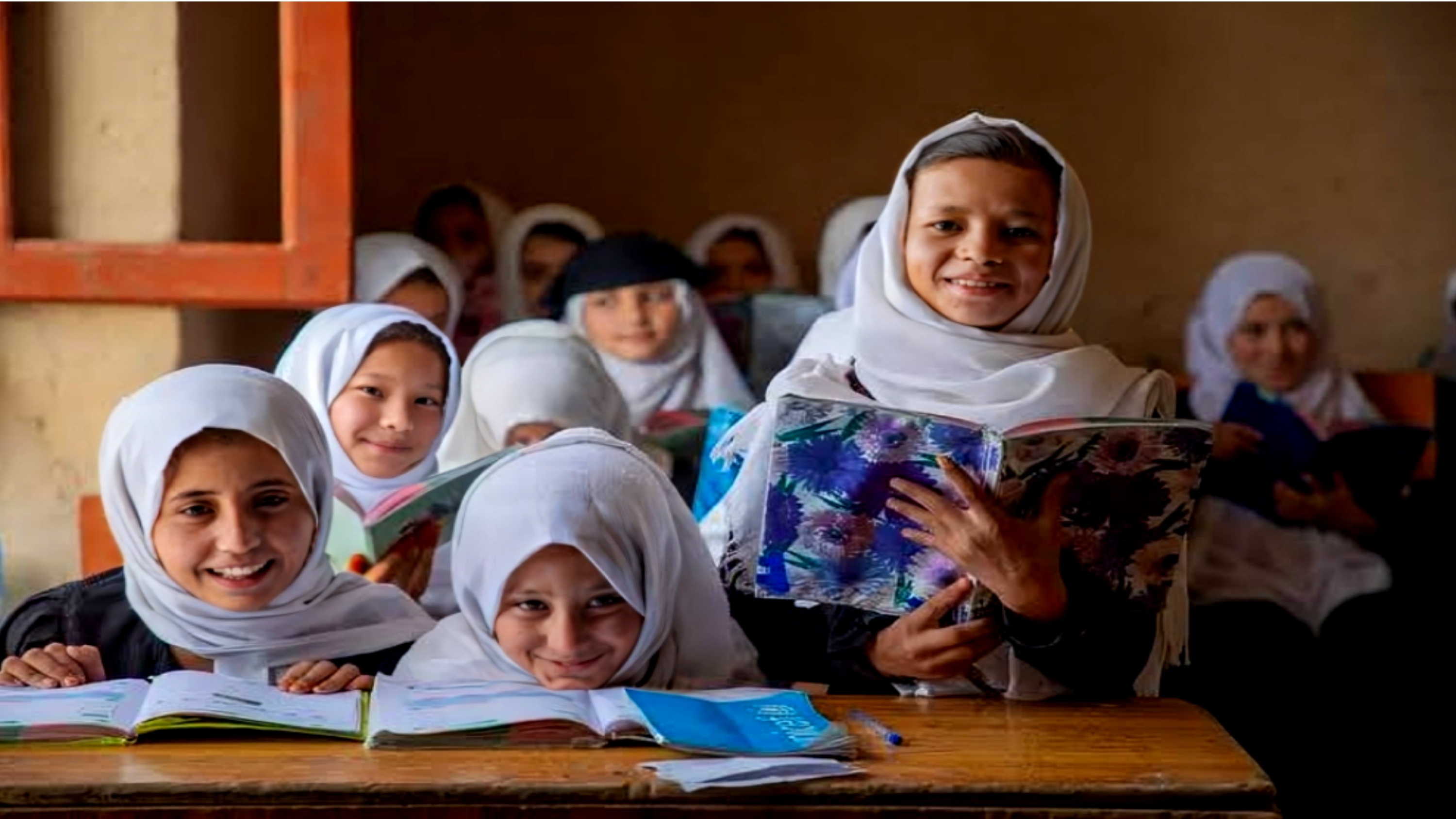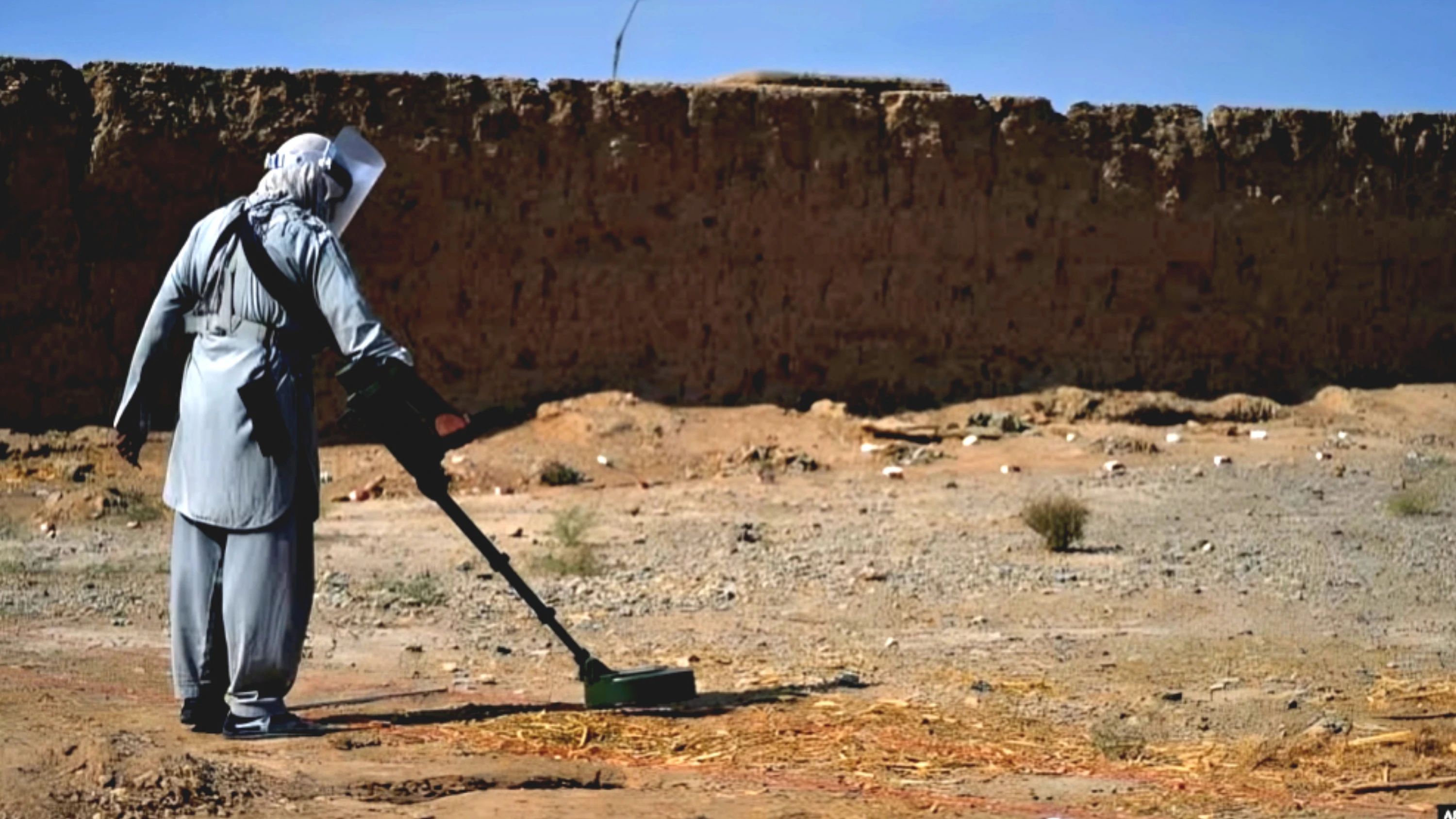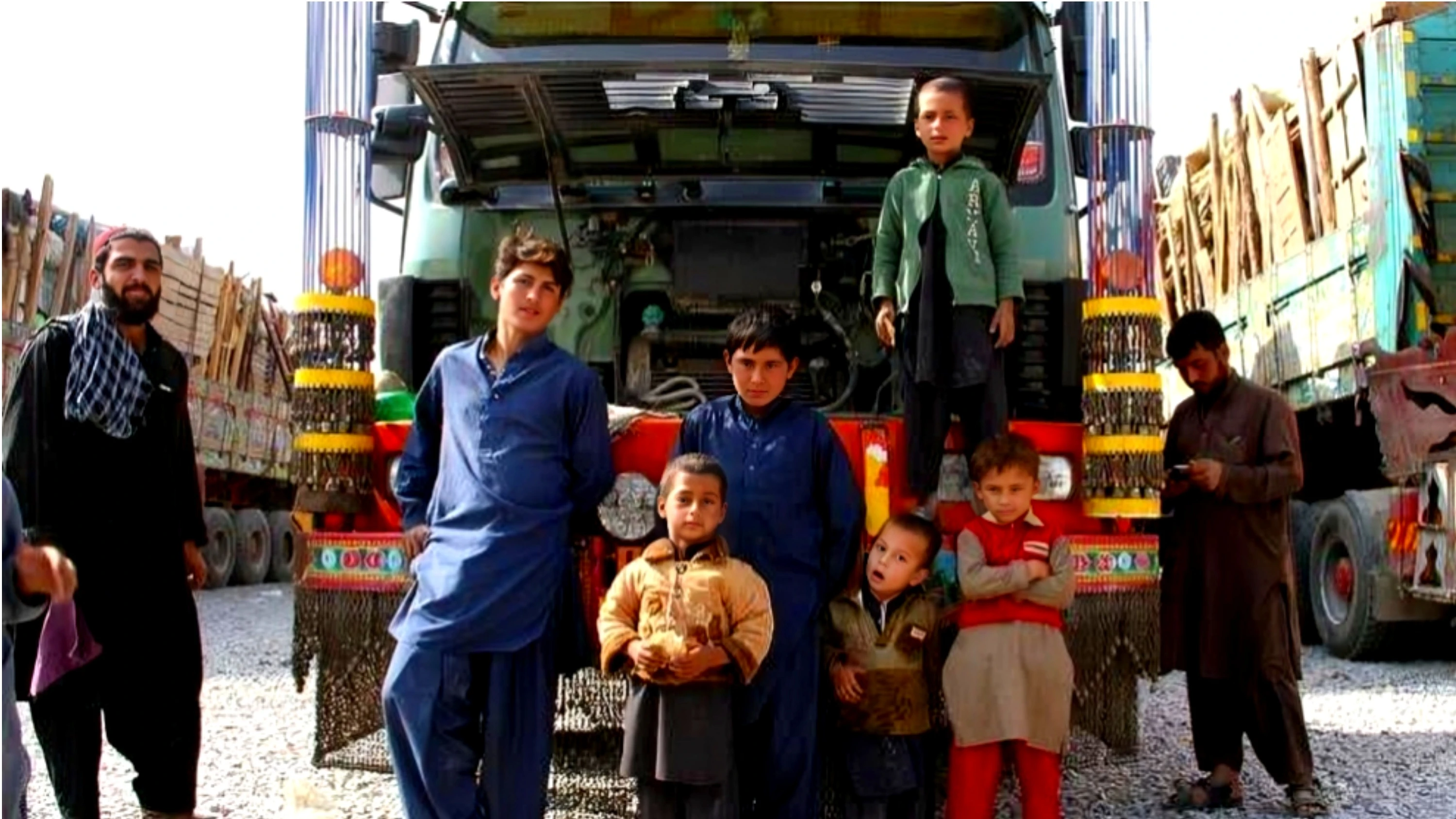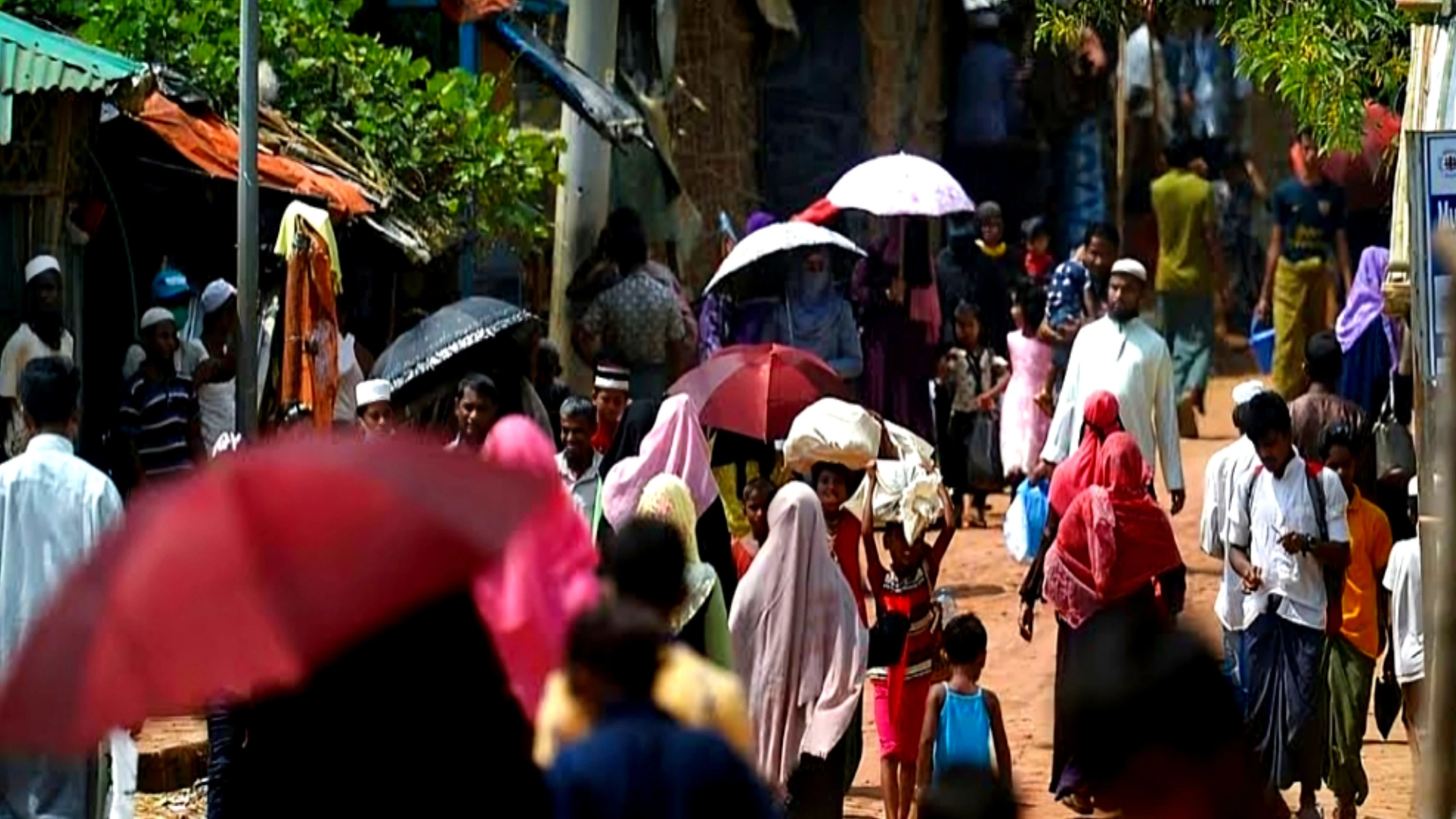Kabul: The United Nations Children's Fund (UNICEF) announced that in 2024, it provided educational opportunities for 361,000 Afghan girls through its rural school support program.
In a post on X (formerly Twitter) marking International Women’s Day, UNICEF stated that it supported 18,000 classrooms in rural Afghanistan and provided learning materials to students.
“We are empowering girls to shape their future,” UNICEF emphasized in its message, reaffirming its commitment to supporting education for Afghan girls despite significant challenges.
Among the stories shared by UNICEF was that of Leila (a pseudonym), a 15-year-old Afghan girl. She recounted that she was in the eighth grade when the Taliban regained control of Afghanistan. Had her school not been shut down, she believes she would now be in her first semester at university.
“I was a top student. I could have been in university now,” Leila said. “Instead, I am stuck at home, unhappy, and occupied with household chores all day.”
Leila also highlighted the isolation imposed on her and many other Afghan girls, saying, “It’s not just about school. I can’t even meet my friends to talk and spend time together. I have no space for laughter or joy.”
Her mother, Gulchehra, shared a painful reflection on history repeating itself. “I was 10 years old when the Taliban first took control in 1996 and shut down our schools. By the time I turned 14, my family arranged my marriage. My life became dark from that point on,” she recalled.
Fearing the same fate for her daughter, Gulchehra added, “I feel like Leila is heading toward the same darkness I faced. I am afraid she will never return to school and will be forced into early marriage.”
Before the Taliban's return to power, girls like Leila had access to education and extracurricular activities such as English and computer courses. They could visit parks, join sports clubs, and even travel freely. “I had no such freedoms at 15, but Leila did—until they were taken away from her,” Gulchehra lamented.
Despite the grim situation, Leila still dreams of a future where she can reclaim her right to education. “I dream of a day when I can return to school, see my friends again, and have a future full of opportunities,” she said.
In solidarity with Afghan women and girls, the European Union (EU) has launched a five-day campaign coinciding with International Women’s Day. The EU mission in Afghanistan announced on X that the campaign focuses on five key areas, including education.
“On International Women’s Day, the European Union honors the resilience, ambition, and courage of all Afghan women and girls. We proudly support them in various fields, including health, education, livelihoods, and economic initiatives,” the EU stated.
As part of its support, the EU-funded World Food Programme (WFP) has provided daily meals to over one million Afghan schoolchildren, including boys and girls. The initiative has led to increased school enrollment, improved attendance, and reduced hunger among students.
Since reclaiming power in August 2021, the Taliban have imposed strict restrictions on Afghan women and girls. They have banned girls from attending school beyond the sixth grade and prohibited women from working in government and non-governmental organizations, including the UN.
Women and girls have also faced severe limitations in public life, with strict dress codes, movement restrictions, and bans on access to parks, gyms, and universities. The Taliban government has defended these measures, claiming that the issue of women’s education is a domestic matter that they are working to resolve internally.








